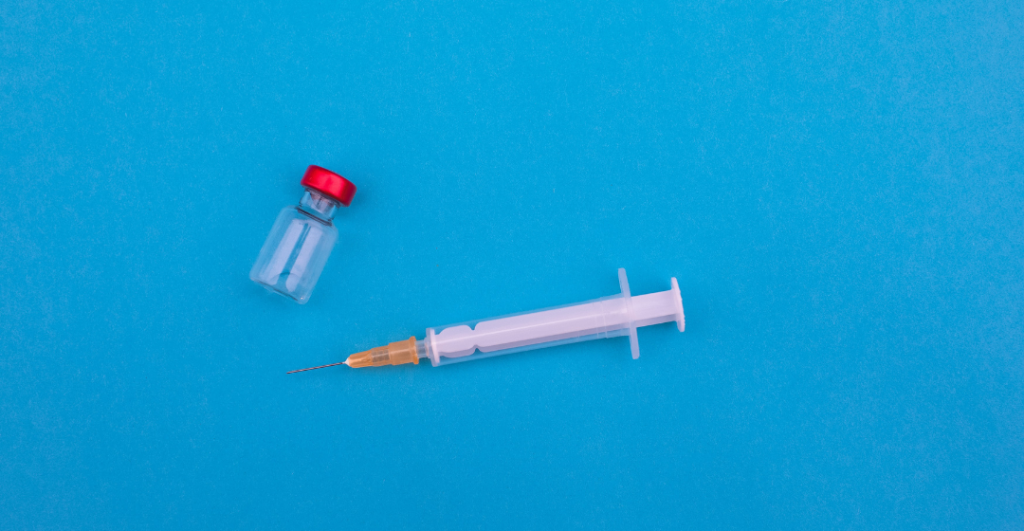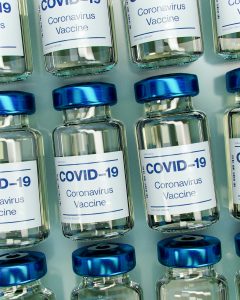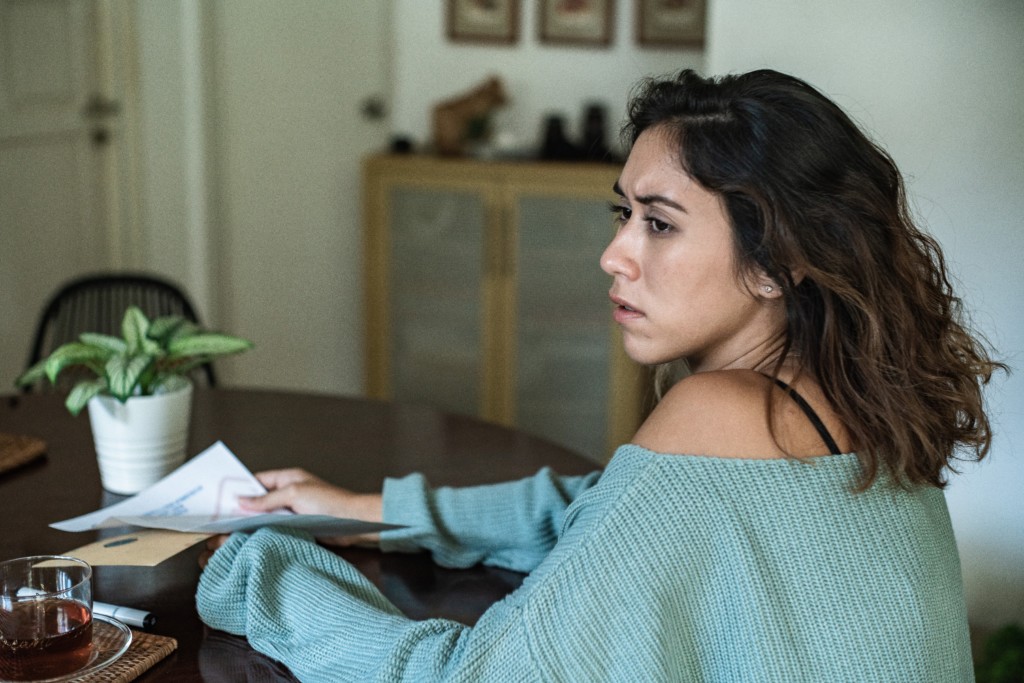As more and more North Texans receive the COVID-19 vaccine, more and more questions whirl in our minds: Can we hug Grandma? Can we travel? Do we still need the mask?
Vaccinated? Check. Now what?
It was only one year ago when local Fort Worth infectious disease physician, Dr. Bryan Youree, answered our questions about spring break travel after our country and state saw its first wave of cases . . . and then talked us through what to do if our child was exposed to the virus. He is here again to help us navigate these in-between days post vaccination.
It’s quite miraculous that we’re talking about a vaccine one year later. Not only are we talking about the vaccine, but we already know people who’ve received it!
A recurrent question we’ve seen posed in our neighbor groups is: How can a vaccine created so quickly be safe? What’s your response to that?
The current vaccines were created using a relatively new technology that allows for development of vaccines to specific organisms much faster than traditional methods. It also allows the vaccines to be modified to adjust to changes within the virus as it continues to spread and mutate within the population.
We are very fortunate to currently have this technology as it gives some hope of seeing this pandemic controlled.
 Once grandparents, other family members, or friends are vaccinated, can we socialize with them indoors?
Once grandparents, other family members, or friends are vaccinated, can we socialize with them indoors?
The Centers for Disease Control and Prevention (CDC) released guidelines on March 8, 2021 for fully vaccinated individuals. It states that fully vaccinated people can:
- Visit with other fully vaccinated people indoors without wearing masks or physical distancing.
- Visit with unvaccinated people from a single household, who are at low risk for severe COVID-19 disease indoors, without wearing masks or physical distancing.
- Refrain from quarantine and testing following a known exposure if asymptomatic.
What this doesn’t mean is that we can abandon wearing masks altogether. It also doesn’t mean we can have get togethers with a different family every weekend of the month. We still don’t know the impact of some of the newer variants circulating in our own community. The Moderna and Pfizer vaccines appear to produce immune responses that are less effective against the South African strain, which has been identified in 20 U.S. states. If we let our guards down too soon, we run the risk of another surge in cases, which is often prime conditions for another strain to develop.
Can we increase our social activities if the adults have been vaccinated but not the children?
Preliminary data suggests that the vaccine greatly decrease the risk of transmitting virus or developing severe disease. However, it is possible for the virus to be transmitted between unvaccinated children. Right now, the earliest children will receive vaccines will be in the fall. Johnson and Johnson will be starting clinical vaccine trials very soon. However, this will be on a limited scale. Overall, children tend to have the mildest disease course within the population. However, as has been well documented, a small number of children will have severe outcomes from COVID-19 infection and that cannot be predicted in advance.
 Will the vaccine allow for more travel and vacations this summer? Should we plan for summer trips?
Will the vaccine allow for more travel and vacations this summer? Should we plan for summer trips?
Fully vaccinated individuals and children, who have had infection within the past four to six months, will have the most immunity. Children visiting fully vaccinated grandparents should be possible this summer. Car travel will remain the safest form of transportation. However, vacations that involve large gatherings of unmasked, unvaccinated persons are unlikely to be recommended this summer and carry risk of infection and further spread of the virus.
Follow the Texas Center for Infectious Disease Associates for local updates on the spread and treatment of COVID-19. If you have additional questions you’d like answered about how the vaccine impacts day-to-day life, comment below. We will curate some of these questions into a follow-up article.













